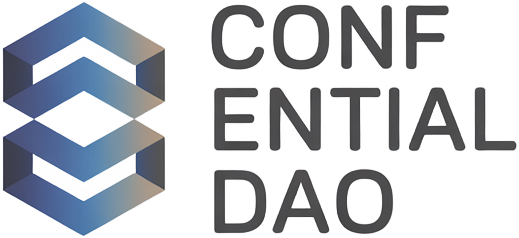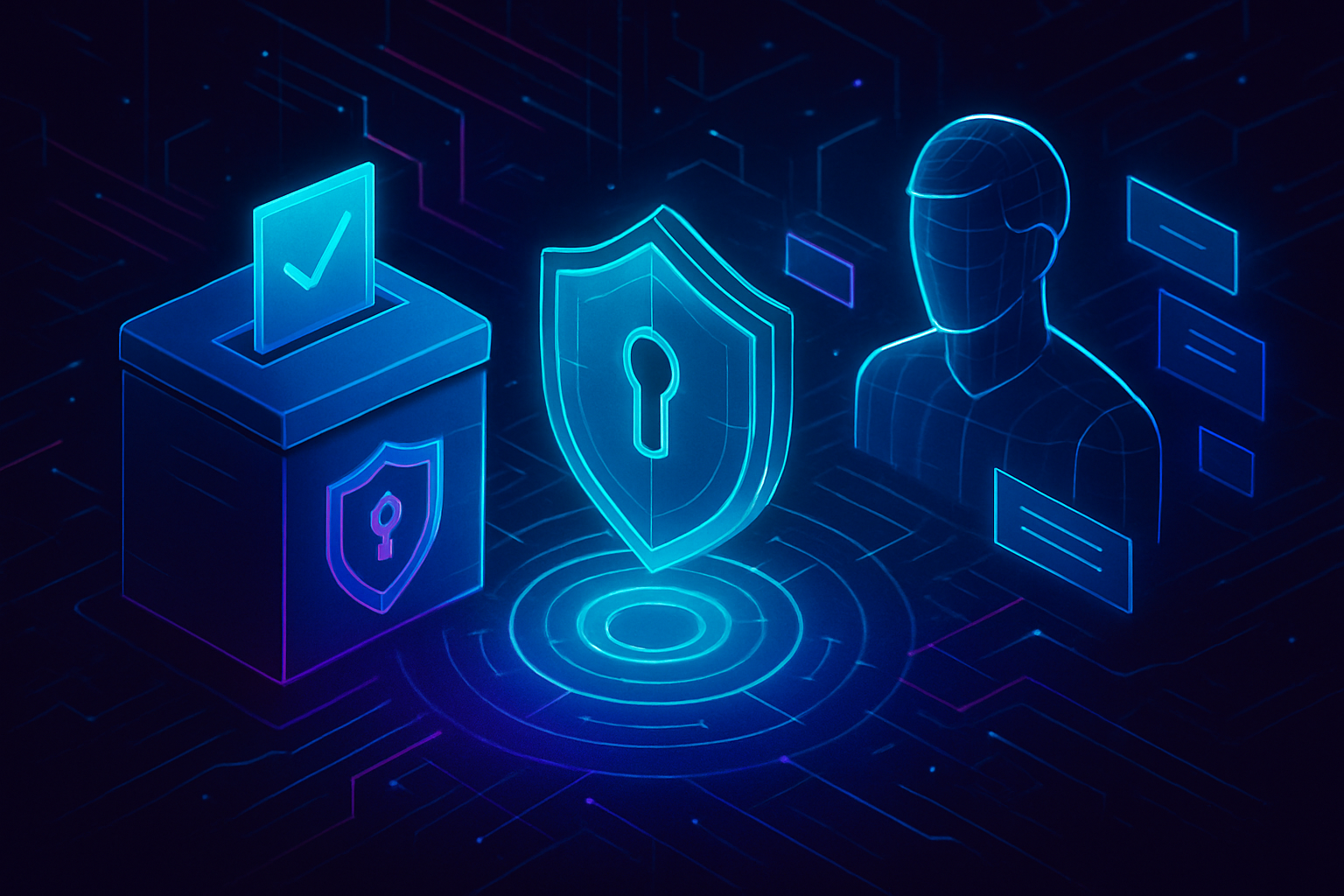
Imagine a world where every DAO member can vote honestly, without fear of judgment or manipulation. That’s the promise encrypted voting brings to decentralized governance, and it’s not just theoretical anymore. As DAOs collectively manage billions of dollars and influence real-world decisions, the need for confidential DAO governance has never been clearer.

The Case for Privacy: Why Confidential Voting Matters in DAOs
DAOs thrive on transparency, but when it comes to voting, too much visibility can be a double-edged sword. Traditional on-chain votes are public, making every ballot traceable and exposing voters to potential coercion or retaliation. Worse still, this transparency can trigger herd mentality, where members simply follow early voting trends rather than making independent decisions.
Recent research highlights that private voting prevents corruption, enables more honest participation, and unlocks the full potential of decentralized governance (source: pse. dev). By keeping votes confidential until polls close, encrypted DAO voting protects individual choices and ensures that power dynamics don’t distort outcomes. This is not just a privacy issue, it’s about fairness and the integrity of every decision made on-chain.
How Encrypted Voting Works: The Cryptographic Toolkit
The magic behind privacy-preserving DAO ballots comes from advanced cryptography. Let’s break down the main technologies making secure DAO decision making possible:
Key Cryptographic Techniques Powering Encrypted DAO Voting
-
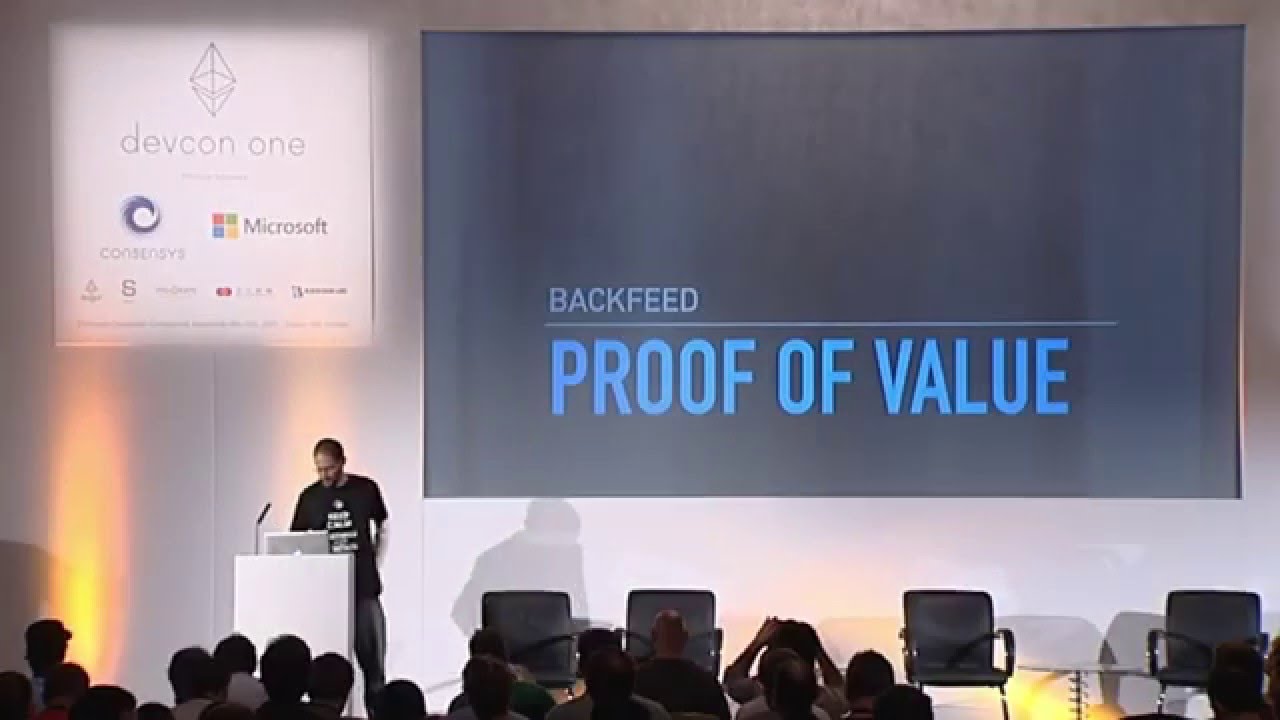
Threshold Encryption: This technique encrypts votes during the voting process and only allows decryption after the voting period ends. Platforms like Snapshot and Shutter Network have implemented threshold encryption to ensure that vote tallies remain hidden until the vote concludes, preventing manipulation and promoting fair participation.
-
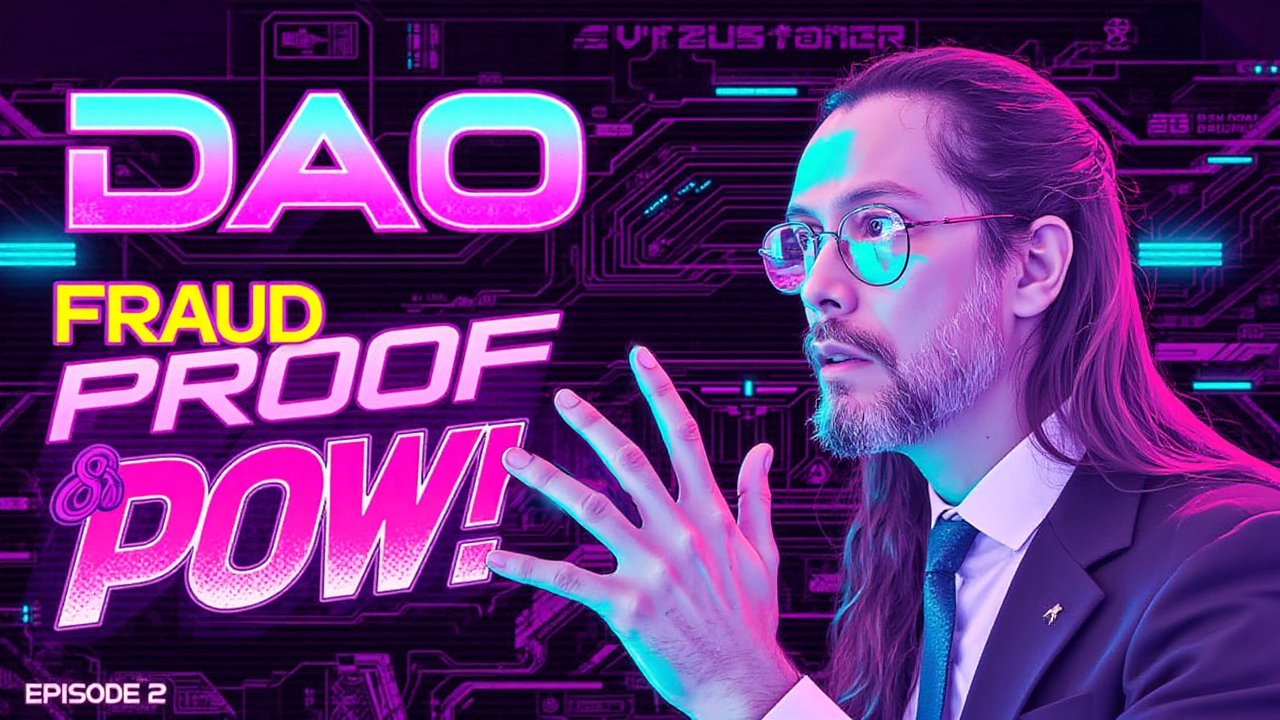
Zero-Knowledge Proofs (ZKPs): ZKPs enable the verification of a vote’s validity without revealing the voter’s identity or choice. Solutions like zk-SNARKs are used in protocols such as S2DV to guarantee both privacy and verifiability in DAO voting.
-
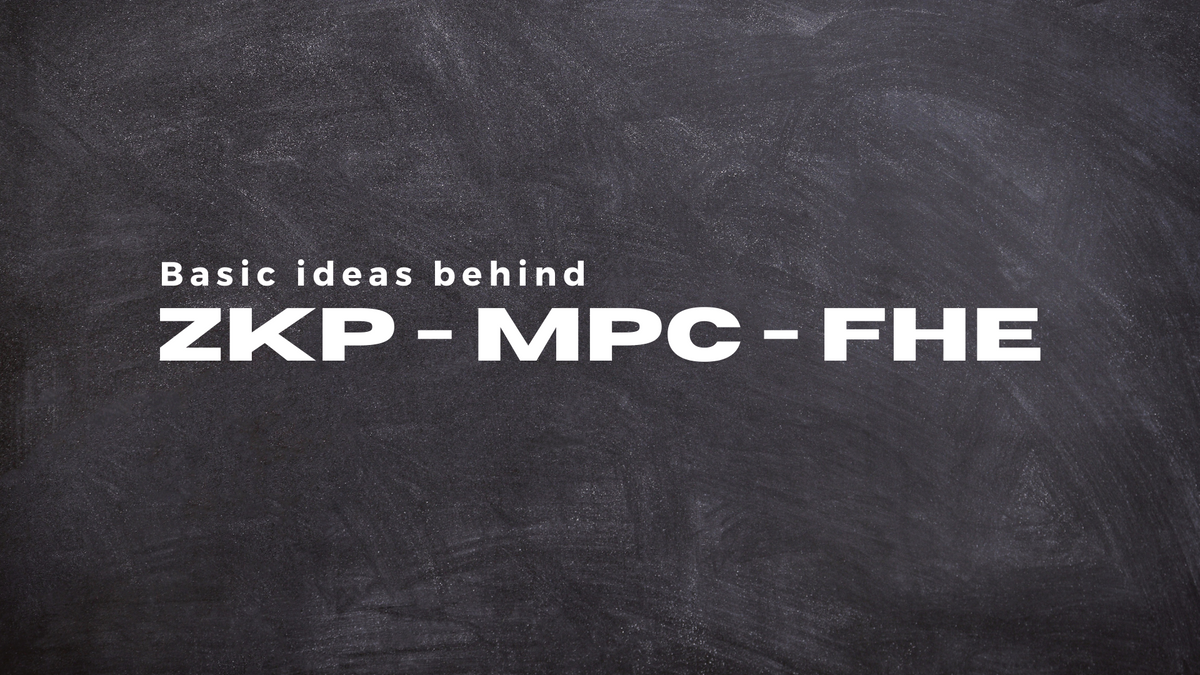
Fully Homomorphic Encryption (FHE): FHE allows computations (like vote tallying) to be performed directly on encrypted data, ensuring that individual votes remain confidential throughout the process. Projects like Fhenix are pioneering FHE in confidential DAO governance.
-
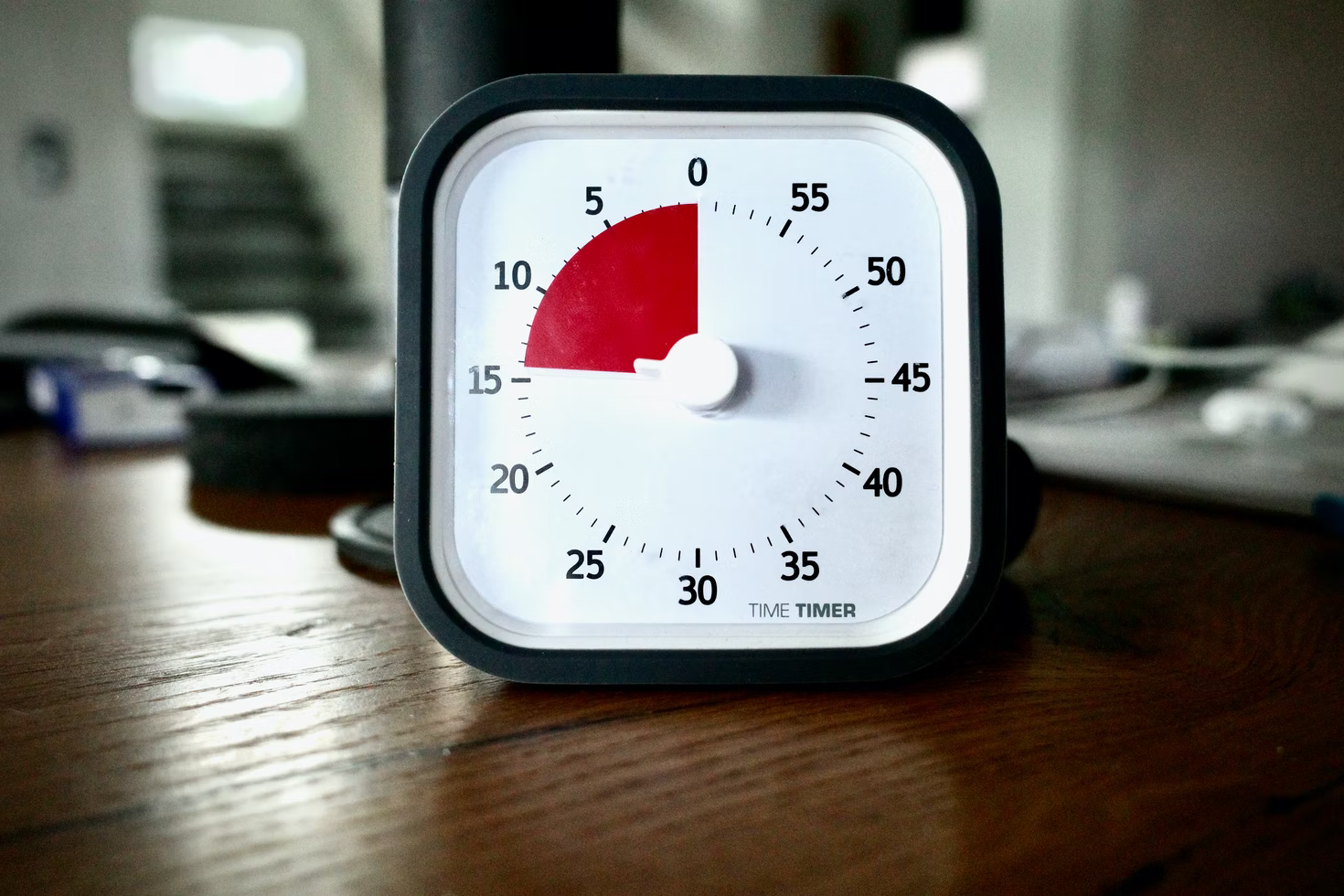
Shielded Voting Protocols: Protocols such as Shutter Network’s Shielded Voting encrypt votes on-chain, keeping voting choices private until the poll closes. This prevents strategic voting and protects against coercion.
-
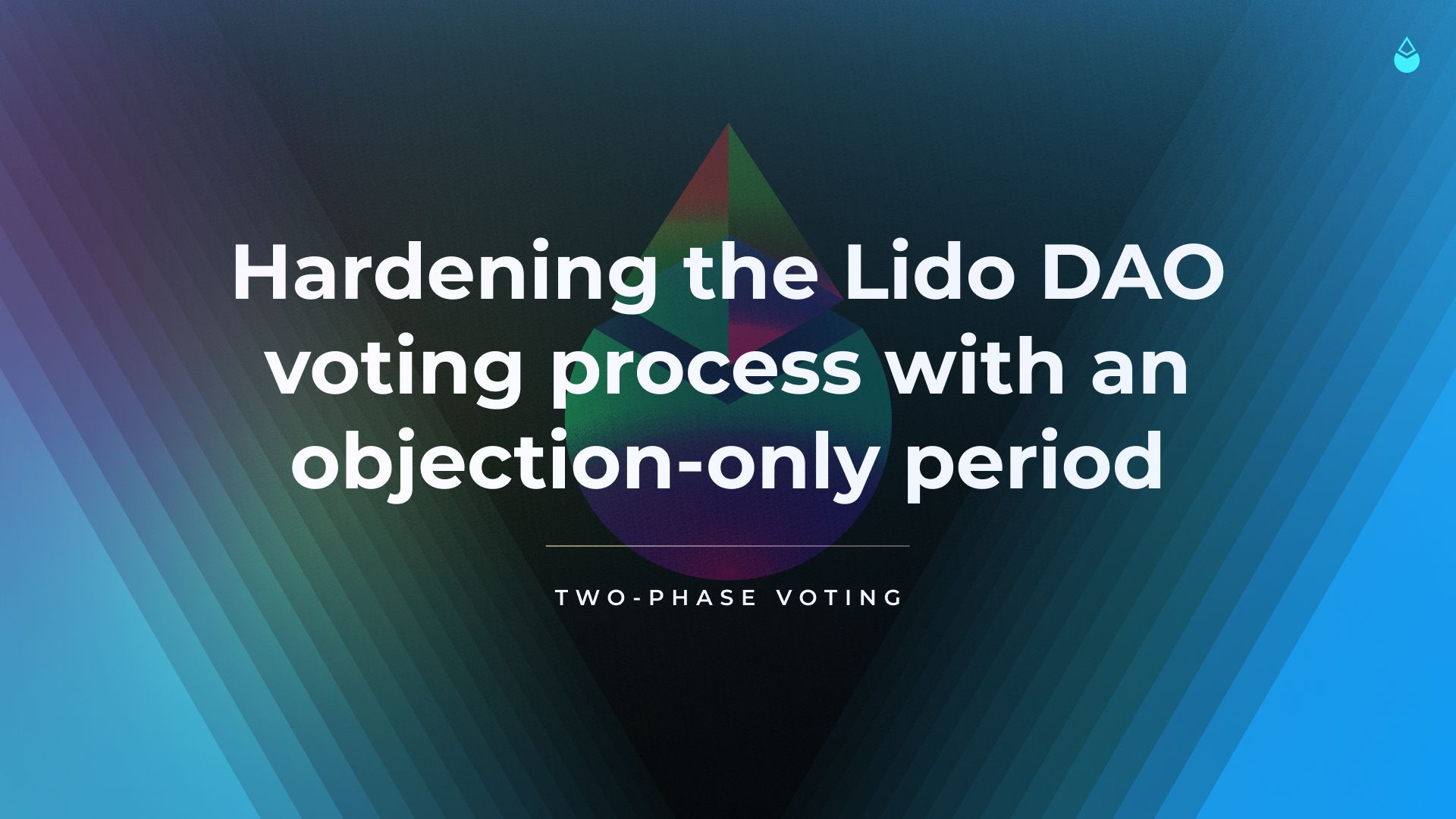
BVOT Protocol (Boardroom Voting with Oblivious Transfer): BVOT uses multiparty threshold homomorphic encryption to create a self-tallying system, ensuring ballot secrecy and fairness by withholding partial results until voting ends.
-
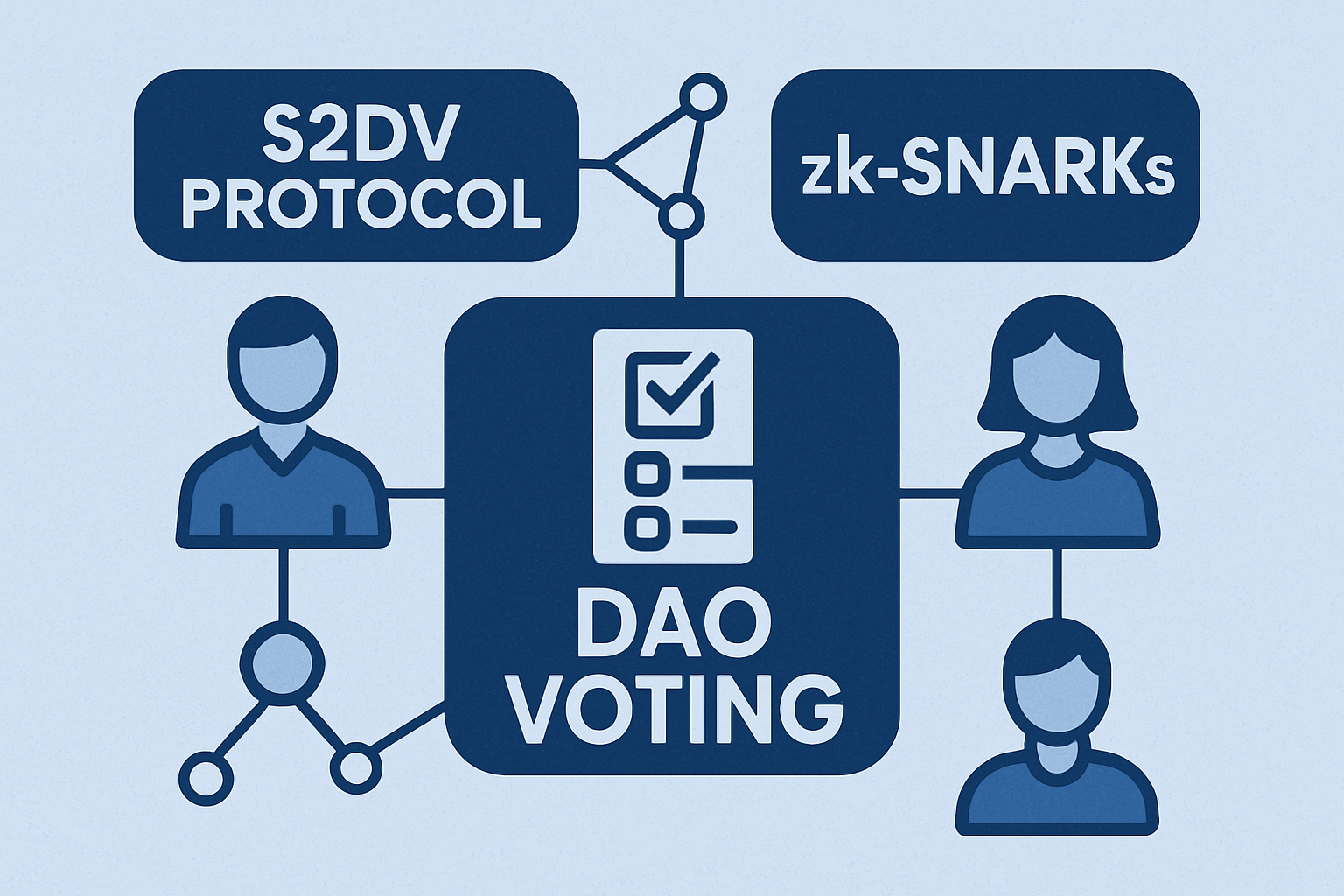
S2DV Protocol (Scalable and Secure DAO Voting): S2DV leverages zk-SNARKs to confirm that encrypted votes match voter power and are valid, enhancing both privacy and scalability for large DAOs.
Threshold Encryption: Votes are encrypted as they’re cast and only decrypted once the vote ends. No one, including protocol operators, can peek at interim results. Snapshot’s shielded voting is a live example of this approach in action.
Zero-Knowledge Proofs (ZKPs): With ZKPs, voters can prove their ballot is valid without revealing their identity or choice. This means ballots are both private and verifiable, a crucial combo for trustless systems.
Fully Homomorphic Encryption (FHE): FHE allows computations on encrypted data so votes remain confidential even as they’re tallied. Projects like Fhenix are pushing this frontier, enabling truly private proposals and ballots within DAOs.
Real-World Protocols Leading the Way
The theory is compelling, but what about real deployments? In 2025, we’re seeing rapid adoption:
- Shielded Voting by Shutter Network: Used by major DAOs to encrypt votes during polling periods, no more strategic last-minute whale moves.
- S2DV Protocol: Uses zk-SNARKs to guarantee that encrypted votes match voter power and eligibility, scalable and secure.
- BVOT Protocol: Delivers self-tallying ballots with multiparty threshold homomorphic encryption, ensuring no partial tally leaks before polls close.
If you want to dive deeper into how these systems are transforming governance security, check out our guide on how confidential voting systems are transforming DAO governance.
The Ethereum Context: Privacy in a Booming Market
This shift toward privacy isn’t happening in a vacuum. As of today, Ethereum trades at $4,403.84, reflecting renewed confidence in decentralized tech, and raising the stakes for secure governance even higher. With so much value on-chain, protecting every vote becomes mission-critical for DAOs large and small.
It’s not just about the technology, either. The culture around DAO governance is changing. Members expect their votes to be both meaningful and shielded from public scrutiny. Verifiable private voting is quickly becoming the gold standard for any serious DAO, especially as communities grow more diverse and global.
But with innovation comes new challenges. Implementing privacy-preserving mechanisms like ZKPs or FHE isn’t plug-and-play. These systems demand significant computational resources, rigorous audits, and thoughtful UX design so that every participant, no matter their technical background, can vote with confidence.
Navigating Trade-Offs: Transparency vs. Privacy
DAO architects face a balancing act: too much privacy can breed suspicion, too little can undermine autonomy. The best protocols are finding creative ways to offer verifiability without sacrificing confidentiality. For example, S2DV’s use of zk-SNARKs lets anyone audit the process without exposing individual ballots, a leap forward for both accountability and privacy.
Community trust hinges on this balance. When voters know their choices are protected but the overall process remains auditable, participation rises and outcomes better reflect true sentiment, not just the will of early or powerful actors.
Would you participate more in your DAO if voting was fully confidential?
Encrypted voting in DAOs helps prevent manipulation and protects voter privacy, enabling more honest and independent decision-making. With technologies like threshold encryption and zero-knowledge proofs now widely adopted, would confidential voting make you more likely to engage in your DAO’s governance?
What’s Next for Confidential DAO Governance?
The momentum behind encrypted DAO voting is only accelerating as more projects embrace these cryptographic safeguards. Expect to see:
Emerging Trends in Privacy-Preserving DAO Voting
-

Permanent Shielded Voting via Shutter Network: Shutter Network is pioneering permanent shielded voting for DAOs, using threshold-encrypted voting with ElGamal-based homomorphic tallying. This architecture ensures that votes remain confidential throughout the process, reducing manipulation and encouraging honest participation.
-
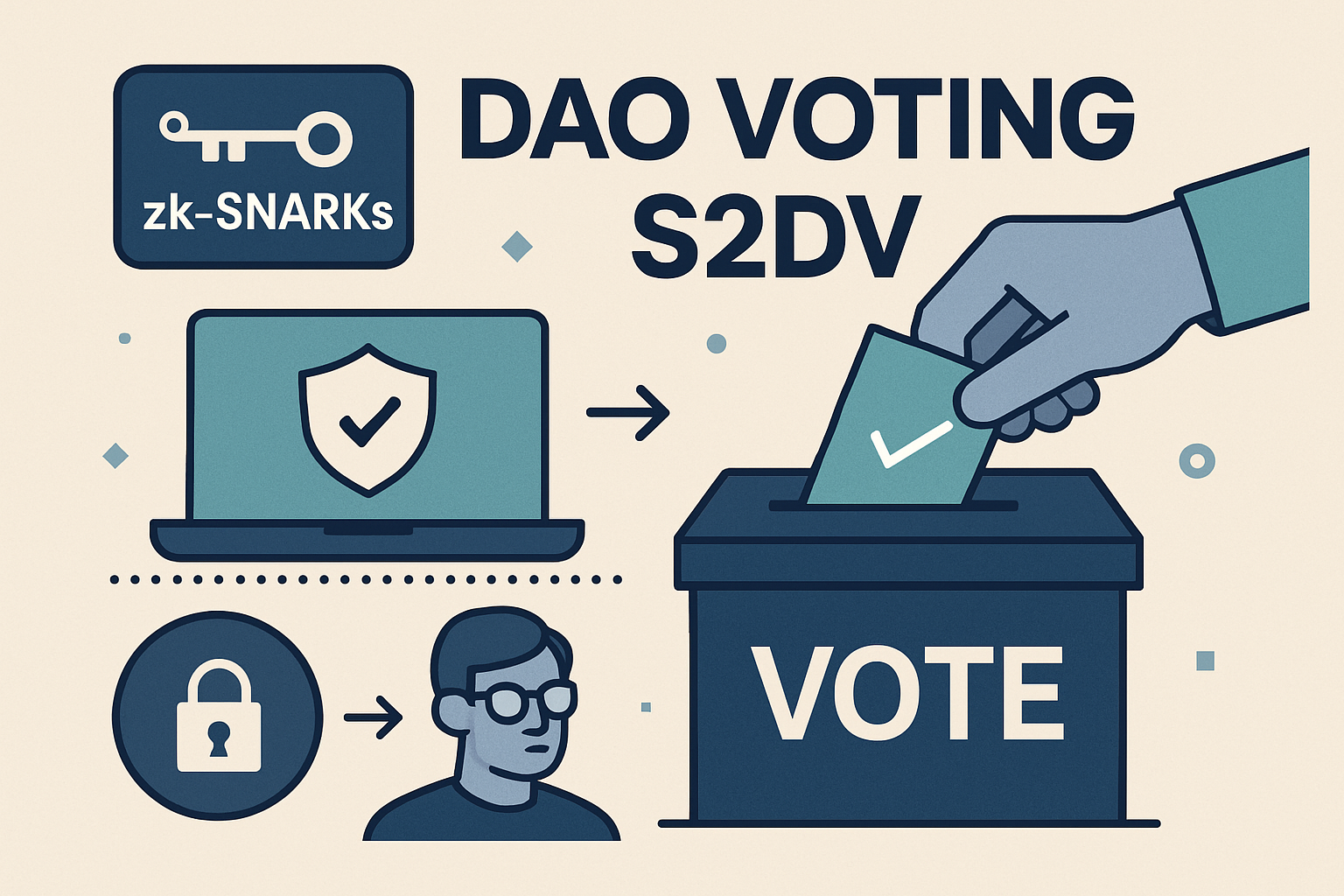
Zero-Knowledge Proof Integration: Protocols like S2DV are leveraging zk-SNARKs to verify vote validity and voting power without revealing voter identities. This trend is making privacy-preserving voting scalable and secure for large DAOs.
-

Fully Homomorphic Encryption (FHE) Adoption: Platforms such as Fhenix are enabling private voting and confidential proposals by allowing computations on encrypted data. FHE ensures that individual votes stay private even during tallying, setting a new standard for DAO confidentiality.
-

Weighted, Privacy-Focused Voting Protocols: Research like B-Privacy is driving the development of privacy in weighted voting systems, ensuring that even when votes carry different weights, individual choices remain secret and secure.
-
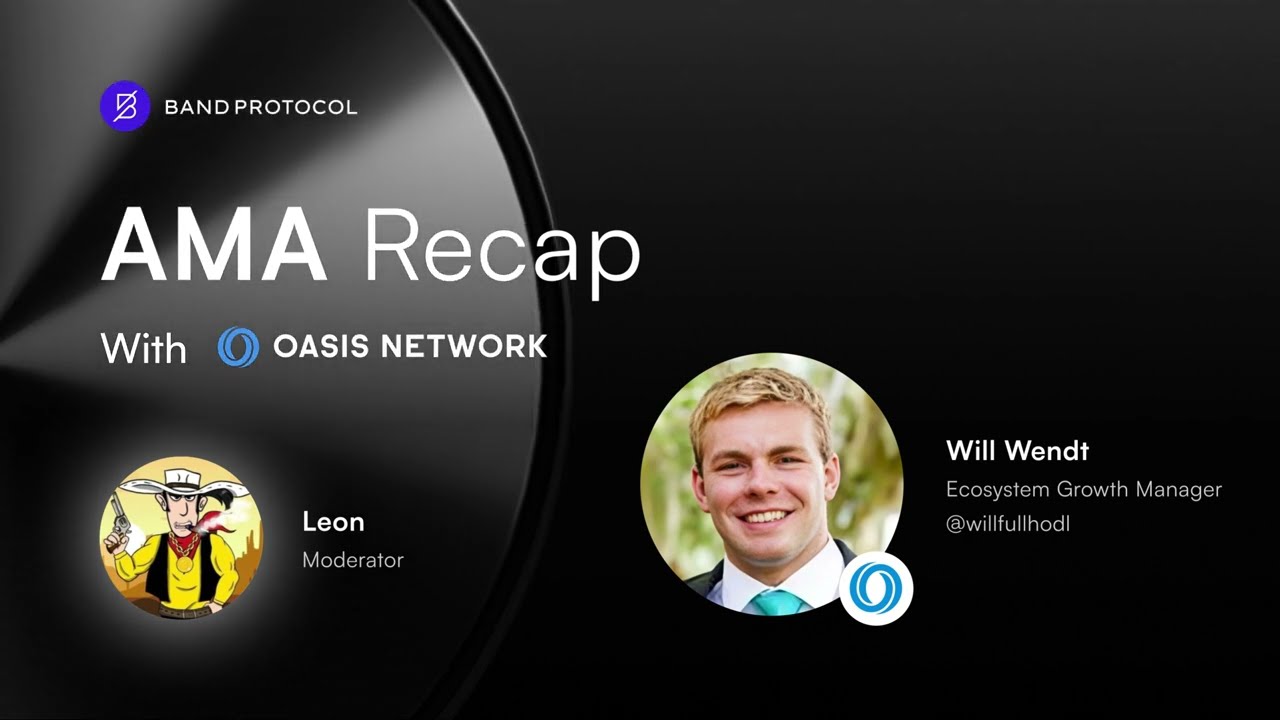
Confidential Voting with Oasis Protocol: Oasis Protocol is integrating essential privacy features for DAOs, including confidential voting and transactions, to secure Web3 community governance and protect voter anonymity.
Permanent shielded voting, as pioneered by Shutter Network’s ElGamal-based homomorphic tallying, could soon become a default feature on major governance platforms. Meanwhile, research into weighted ballot secrecy (see B-Privacy) and elliptic curve cryptography is pushing the envelope on both efficiency and security.
The bottom line? As DAOs mature and manage ever-larger treasuries, especially with Ethereum at $4,403.84: the need for truly confidential voting will only intensify. If you’re building or participating in a DAO today, now is the time to demand robust cryptographic solutions that protect your voice without compromising transparency.
Keen to understand how these innovations are redefining what’s possible for decentralized communities? Explore our resource on how confidential voting systems are redefining DAO governance security.
